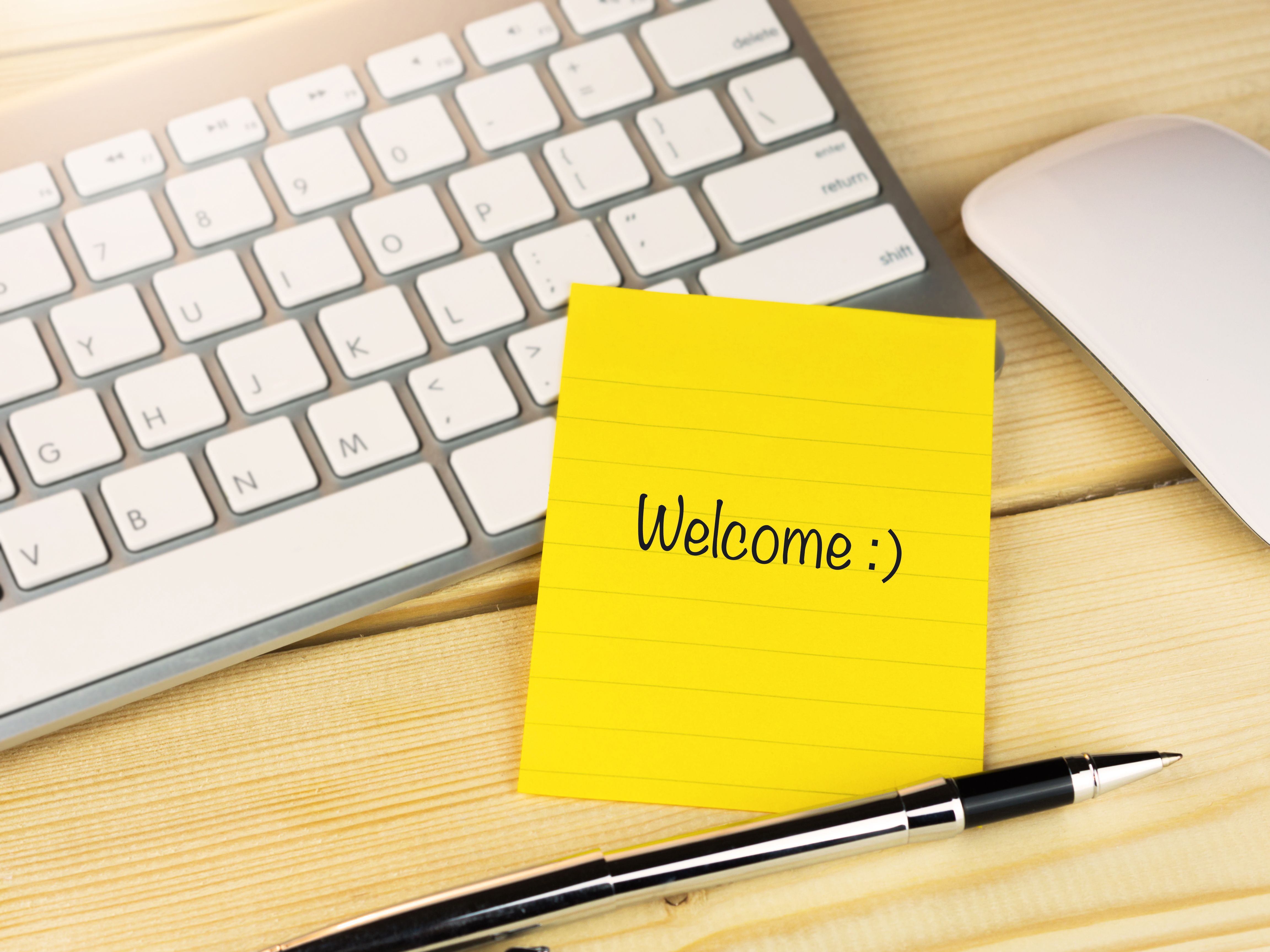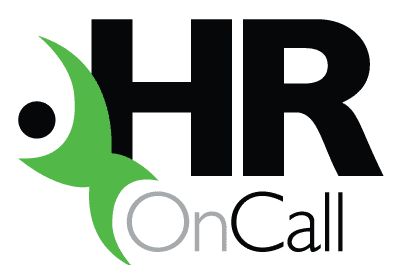Starting a new job is daunting. That’s why a proper system of induction and onboarding is vital to put new hires at ease, introduce them to your business practices and prime them to succeed.
Our induction and onboarding checklists can help you navigate this complex area, boosting your chance of success.

Induction and onboarding: definitions
Induction usually refers to a single event which sets up new employees with everything they need. This includes the groundwork of contracts, documentation, regulatory signatures and essential Workplace Health and Safety (WHS) information.
Onboarding refers to a longer-term process of introduction spanning days, weeks or months. The program can be formal or flexible, depending on business culture and size. A standard onboarding program can run for 90 days.
An onboarding program typically involves four key areas.
- Compliance – covers all necessary legalities, rules and regulations
- Culture – introduces new hires to the expectations of the organisation
- Clarification – explains the employee’s rights and responsibilities
- Connection – helps build working relationships and networks
Building your induction checklist
When planning your induction, remember to include the following items.
1. Employment contract
Allow enough time to draw up, review and finalise the contract before induction day.
2. Administrative documents
Present all regulatory documents in one manual or electronic folder, for convenience.
3. Safety training
Structure introduction to emergency procedures and WHS.
4. Electronic access
Set up all the necessary passwords and electronic access keys well in advance.
5. Workplace tour
Plan a comprehensive tour which is interesting and manageable. Don’t overdo it.
6. Welcome goodies
Get creative! Help the new hire to settle in with a fun gift or ‘get to know you’ meet.
Building your onboarding checklist
Your onboarding checklist will cover more ground than the induction. It requires a more comprehensive look at HR processes, working practices and networking within the business.
1. Important HR processes
Include policies, benefits, security, emergency procedures and administration.
2. Equipment and devices
Make sure your new hire has fully functioning workstation and mobile ready to go.
3. Training programs
Structure ongoing training to help newbies get to grips with your work practices.
4. Mentorships
Consider pairing up the new candidate with an experienced mentor or guide.
5. Evaluation system
Have a proper system in place to monitor and evaluate the candidate’s progress.
Benefits of induction and onboarding programs
Why is it so important to have a formal introductory process for your new workers?
- Shrink the time taken for new hires to settle in and get to know the ropes.
- Boost engagement and help new workers be productive more quickly.
- Reduce employee stress and increase their job satisfaction.
- Build greater morale, loyalty and stability into your business.
If your small to medium sized business needs help with an onboarding and induction checklist, ask our expert HR consultants for help!

